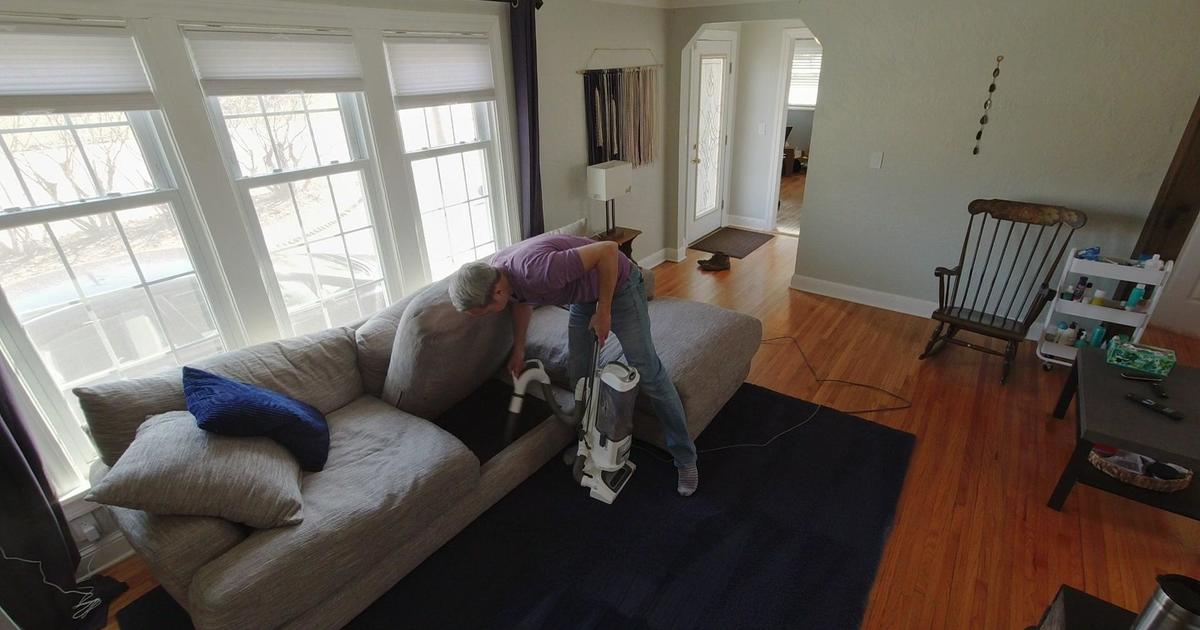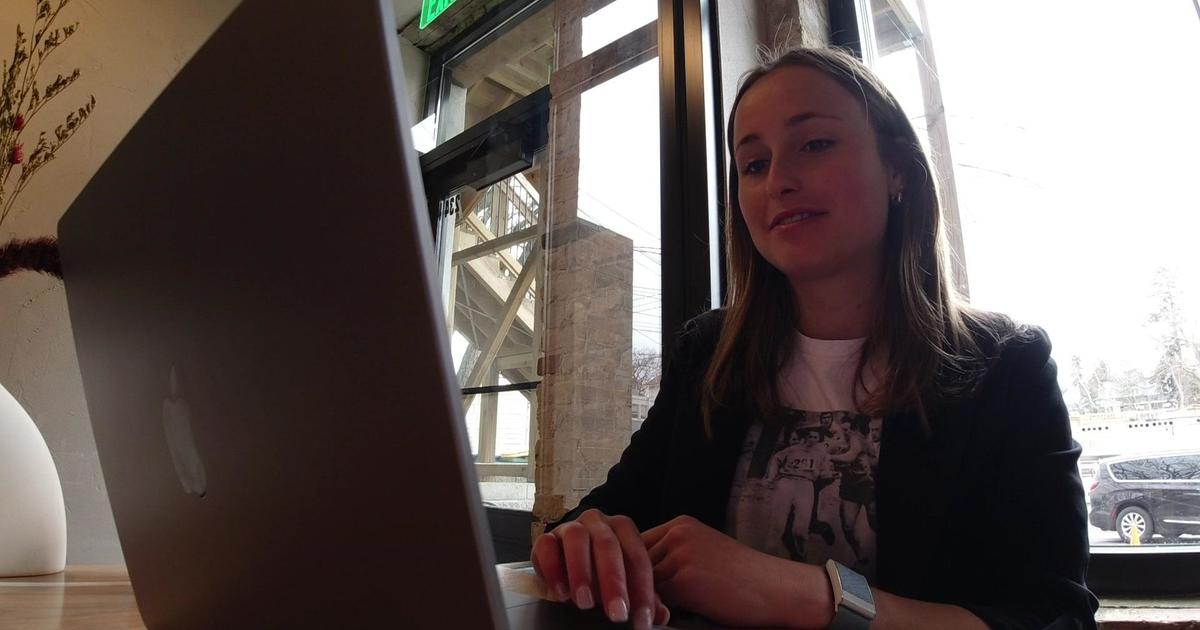Good Question: Why Do So Many Prices End In 99?
MINNEAPOLIS (WCCO) -- With all the weapons retailers have to try to get our money, it's hard to imagine that a penny has much of a pull. Yet, check the prices: $9.99, $19.99, $99.99. The 9 is ubiquitous. So, why do so many prices end in 99, and does the one penny really make that much of a difference?
"For one penny, I can get you to think of it differently. If price matters, I can get you to entertain our product," said Mark Bergen, a Professor at Carlson School of Management at the University of Minnesota.
Bergen has researched pricing strategies, including the use of the 9 as a price cue.
Some marketers call the concept "psychological pricing." The idea is that instead of thinking of $69.99 as a price of $70, you think of it as a price in the 60s.
"From a psychological perspective, you ground my attention to a digit that's $10 less," said Bergen.
Other researchers talk about the "Left Digit Effect," the idea that people focus on the left-most digit, instead of the pennies at the end.
Data supports the idea that people make pricing decisions based on those pennies.
Some researchers at University of Chicago looked at an experiment with a local grocery store. Margarine started at 89 cents. When the grocery store cut the price to 71 cents, sales improved 65 percent. When they dropped it two more pennies to 69 cents, sales went up a remarkable 222 percent!
"There's a magic penny from $25 to $24.99. That penny has way more effect, has way more power. It's magic," said Bergen. "You're focused on the digit that matters: the 100s, or the 50s. In that case, all the rest is just noise."
There is also the theory that we've trained ourselves to expect the last digit, the number 9, to be a signal meaning: deal.
"When we see $99.99, it looks like a sale. Since, you know, we're looking for a deal, we'll start there," he said.
Not that the one penny difference always gets us to buy, but it's an extremely cheap way for retailers to get us in the door, to open the conversation.
However, the Harvard Business Review wrote about a clothing store that took a $34 dress and raised the price to $39. Sales went up 25 percent.
"If price matters, you want to give them a cue," said Bergen.



